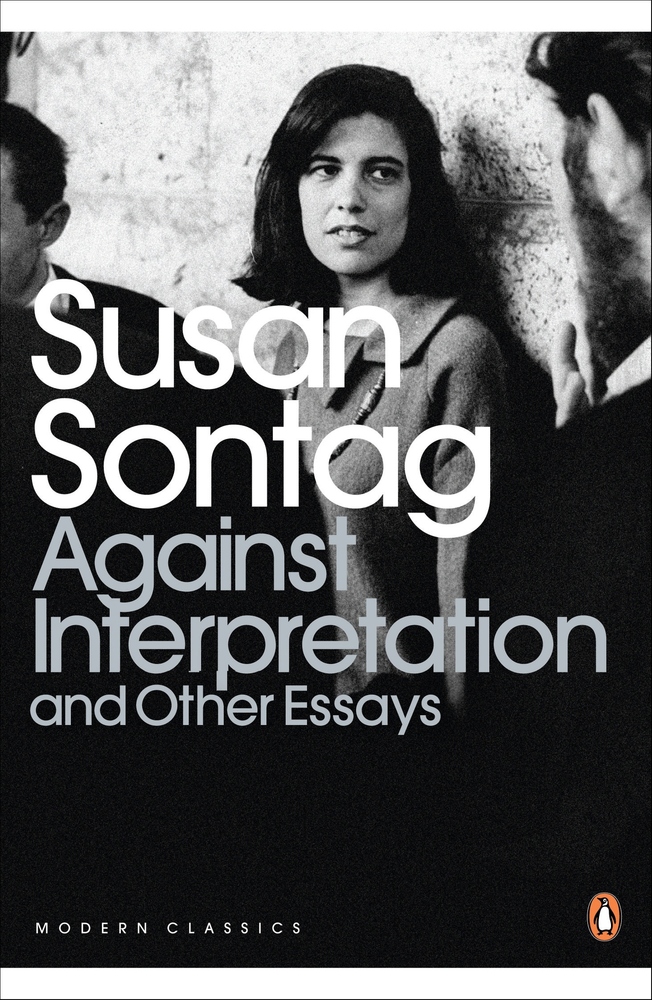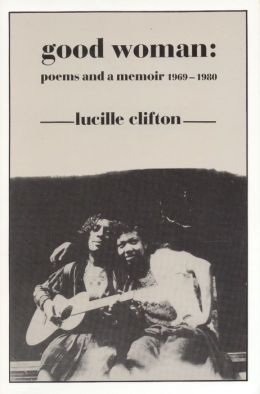I wanted to write a blog post about Maggie Nelson. About how her books are genre- and gender-defying works of incredible, articulate genius. How her sentences are so meticulously edited that no words feel unnecessary or wasted. How they masterfully examine—as an interviewer for Bookslut put it—the “politics of normativity.”
Instead, though, I will talk about “ghost books.” A ghost book, according to the same interview with Nelson, is a “leaning against another text.” It’s a book that lives in the background, “haunting” and informing the text at hand.
Nelson is famous for her use of ghost books and blends these reference works seamlessly into her own:
“Leaning against other texts, thinking with other minds, letting another person’s writing (or art, or being) haunt you, inhabit you, inspire you, bother you, quite thoroughly, isn’t just a means of spurring one to produce thoughts or books. It’s also a wager about how deeply intertwined our consciousnesses may be,” Nelson said in the interview.
Here are a select few of Nelson’s “ghost books,” gleaned from two of her works, The Argonauts and Bluets:
Good Woman: Poems and a Memoir
DB 28674
by Lucille Clifton
This collection by one of America’s major black poets includes four previously published volumes of poetry—”Good Times”, “Good News about the Earth,” “An Ordinary Woman,” and “Two-Headed Woman”—as well as her prose memoir, “Generations.” 1987.

Against Interpretation and Other Essays
DB 65378
by Susan Sontag
Novelist and essayist’s earliest compilation of writings on contemporary culture. Includes discussions of playwrights and artists such as Becket, Brecht, Ionesco, and Artaud, as well as analyses of modern religious thought and philosophical concepts. Includes “Against Interpretation,” “On Style,” and “Notes on Camp.” 1961.

I Know Why The Caged Bird Sings
DB 24959
by Maya Angelou
Memoir by well-known African American poet and college professor Maya Angelou. She describes her childhood and adolescent years in rural Arkansas, in St. Louis, and in San Francisco, and the racial and gender hardships she endured. 1969.

The Emigrants
DB 45774
W.G. Sebald
Portrays the lives of four Jewish emigrants from Germany—two who barely escaped the scourge of the Holocaust and two who had fled decades earlier. Traces the fates of the exiles abroad as they attempt to find happiness but inevitably succumb to painful memories of the past. 1996.



